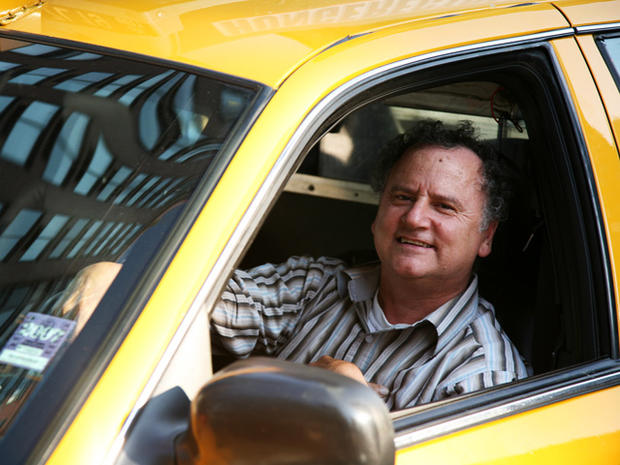4.2 percent of drivers admit to sleeping behind the wheel in past month, CDC study finds
A study of U.S. adults in 19 states and the District of Columbia revealed that 4.2 percent of drivers fell asleep behind the wheel within the previous month before being surveyed, the Centers for Disease Control Prevention reported Thursday.
The revealing report showed the dangers of not getting enough sleep and operating a vehicle. People who said they snored or slept less than six hours a day were more likely to report sleeping while driving.
The National Highway Traffic Safety Administration (NHTSA) said that 2.5 percent of all fatal motor crashes and 2.0 percent of all non-fatal crashes involved drowsy driving, according to the authors. The AAA Foundation for Traffic Safety estimates that more than 16 percent of fatal crashes involve a drowsy driver. However, the percentage could be as high as 33 percent since data collection can be difficult.
The CDC surveyed 147,076 people 18 and older in Arkansas, California, Connecticut, Delaware, Georgia, Hawaii, Illinois, Kansas, Louisiana, Maryland, Michigan, Minnesota, Missouri, Nebraska, Nevada, New York, Oregon, Texas and Wyoming in 2009 and/or 2010 using the agency's ongoing Behavioral Risk Factor Surveillance System (BRFSS). Survey takers were asked whether they had fallen asleep while driving -- otherwise known as drowsy driving -- in the last 30 days, how often they dozed off during the day, how rested they felt and about their regular sleeping habits.
Men were more likely to sleep while driving than women (5.3 percent versus 3.2 percent), while younger drivers were more likely to doze off then older ones (more than 4.9 percent of the 18-44 year old group compared to 1.7 percent of the 65 and older group). Non-Hispanic whites were less likely to admit to driving while drowsy (3.2 percent versus 6.1 percent of non-Hispanic blacks, 5.9 percent of Hispanics and 6.0 percent of all other races/ethnicities).
While educational level did not have an effect on who was more likely to drive while sleepy, 5.1 percent of employed people and 6.1 percent of those who said they were unable to work reported dozing behind the wheel. Those percentages were greater than people who were retired (1.0 percent were drowsy drivers), students or homemakers (2.1 percent) and unemployed people (3.1 percent).
Oregon had the lowest rates of drowsy driving at 2.5 percent, compared to Texas which had the highest rate, where 6.1 percent of drivers admitted dozing off.
"Drowsy driving is a serious risk to personal health and public safety, and snoring is an important warning sign that should not be ignored," American Academy of Sleep Medicine (AASM) president Dr. Sam Fleishman said to CBSNews.com in a statement. "Loud and frequent snoring is a common symptom of obstructive sleep apnea, a sleep illness that often causes excessive daytime sleepiness."
The CDC recommended that people get at least seven hours of sleep a day, seek treatment for sleep disorders and not drink alcohol or other sedative medications before driving. If they start to feel sleepy, drivers should get off the road and rest or switch drivers. The AASM has also released an online presentation to help people recognize driving fatigue and how to prevent and combat it.
The study was published Jan. 4 in the CDC's journal, Morbidity and Mortality Weekly Report.


